Your veterinarian is an important partner in keeping your horse healthy. You want to do your best to stay on your vet’s good side, so take a look at these tips which can help you to do just that.
1. Be Prompt for Appointments
Vets are very busy people, and it’s important that they stick to their schedules as closely as possible. If the vet has arranged to be at your barn at a certain time, then make every effort to be at the barn a few minutes ahead of time so that you don’t keep the vet waiting.
It’s common courtesy to bring your horse in from the pasture and to have him ready for the apartment. Many vets don’t appreciate arriving only to have to wait for you to go fetch your horse. If it’s rainy or muddy, your vet will appreciate it if you also take a few minutes to towel your horse off.
2. Provide As Much Information As Possible
Vets often depend on background information to help them make an accurate diagnosis. Try to jot down any relevant information ahead of time that you want to remember to inform the vet of. Even if you think something might be irrelevant, mention it anyway – you never know what detail might matter to the vet.
3. Ask Questions
Vets want you to ask questions, and you should never feel like you can’t have an open discussion with your vet about your horse’s health. Answering your questions is part of the vet’s job, and if you’re asking questions, then you’re learning about your horse and the treatment options available. If you have questions about the vet’s instructions, it’s so important to ask them – getting the clarification that you need can mean that you’re able to give your horse the correct treatment that he needs.
4. Follow the Vet’s Directions
When the vet provides you with a treatment or an action plan, then make sure that you follow it carefully. Most vets will give you written instructions, so refer to them to stay on course. If others care for your horse, then make sure that you share the treatment plan with them so that everyone can help with the horse’s treatment.
5. Stay Current with Payments
Horse Courses by Elaine Heney
- Listening to the Horse - The Documentary by Elaine Heney & Grey Pony Films
- Shoulder In & Out Training for better balance, bend & topline development with your horse
- Over 110+ Polework Exercises & Challenges to Download
- Dancing at Liberty & Creating Connection with Your Horse (11 lessons) - Grey Pony Films
Just like any other service provider, your vet depends on payments from clients to pay his or her own bills. When you receive bills from the vet, pay them promptly. If you’re having trouble making a full payment for services, talk with the office. Many vet’s offices will work with you to create a payment plan for significant bills.
It’s not hard to get on your horse’s vet’s good side – above all else, be courteous and remember that your horse only wants to help your horse stay healthy.

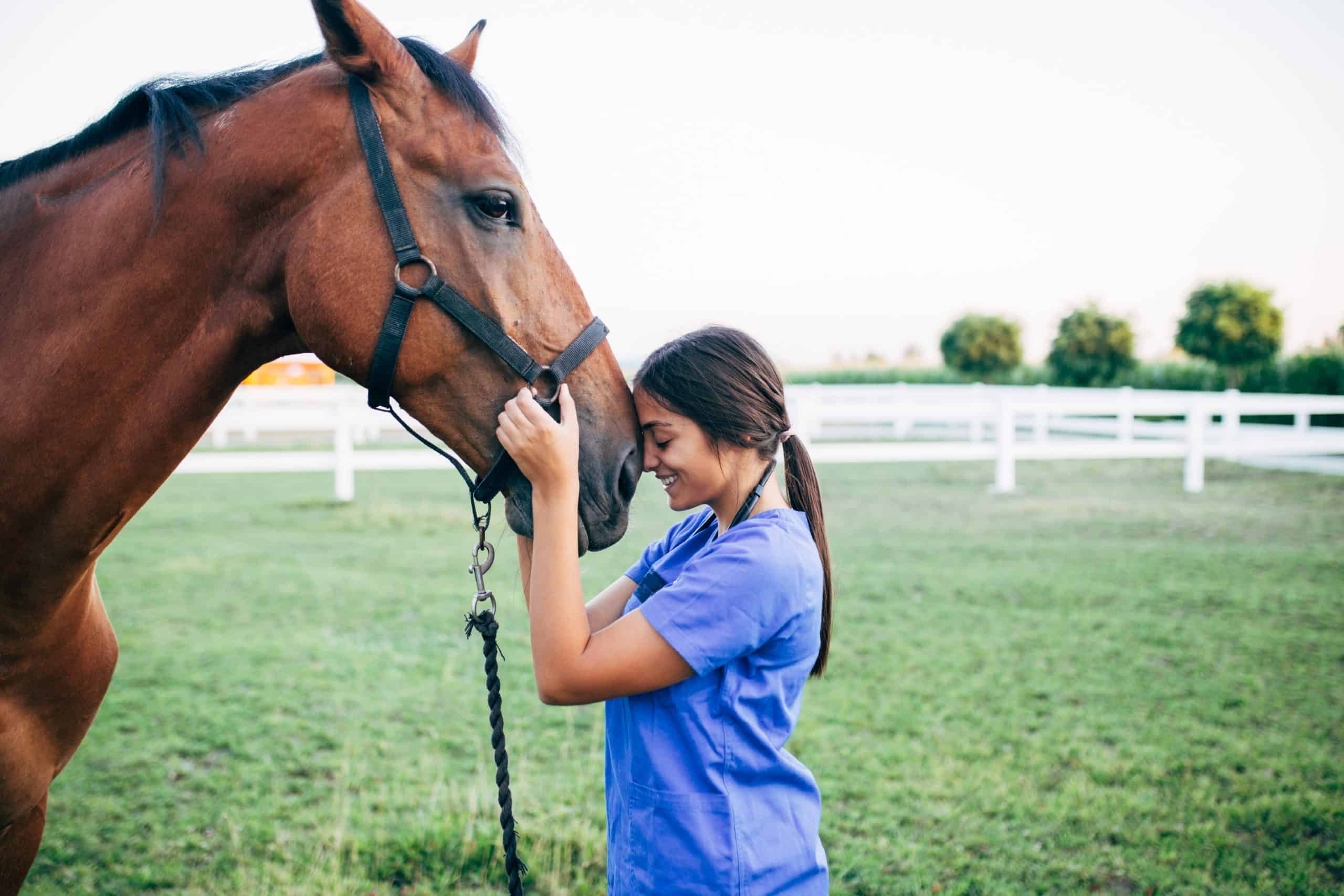
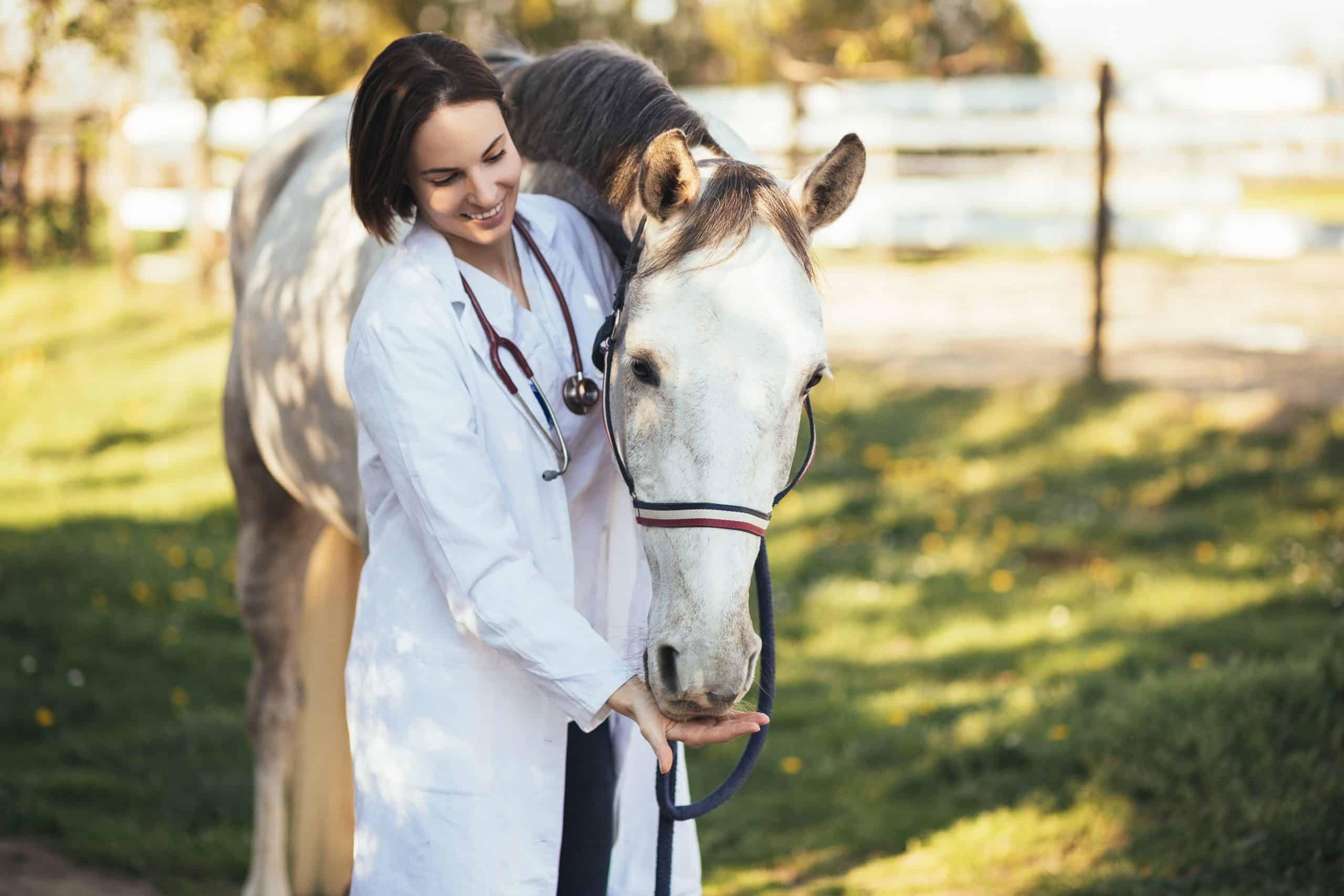
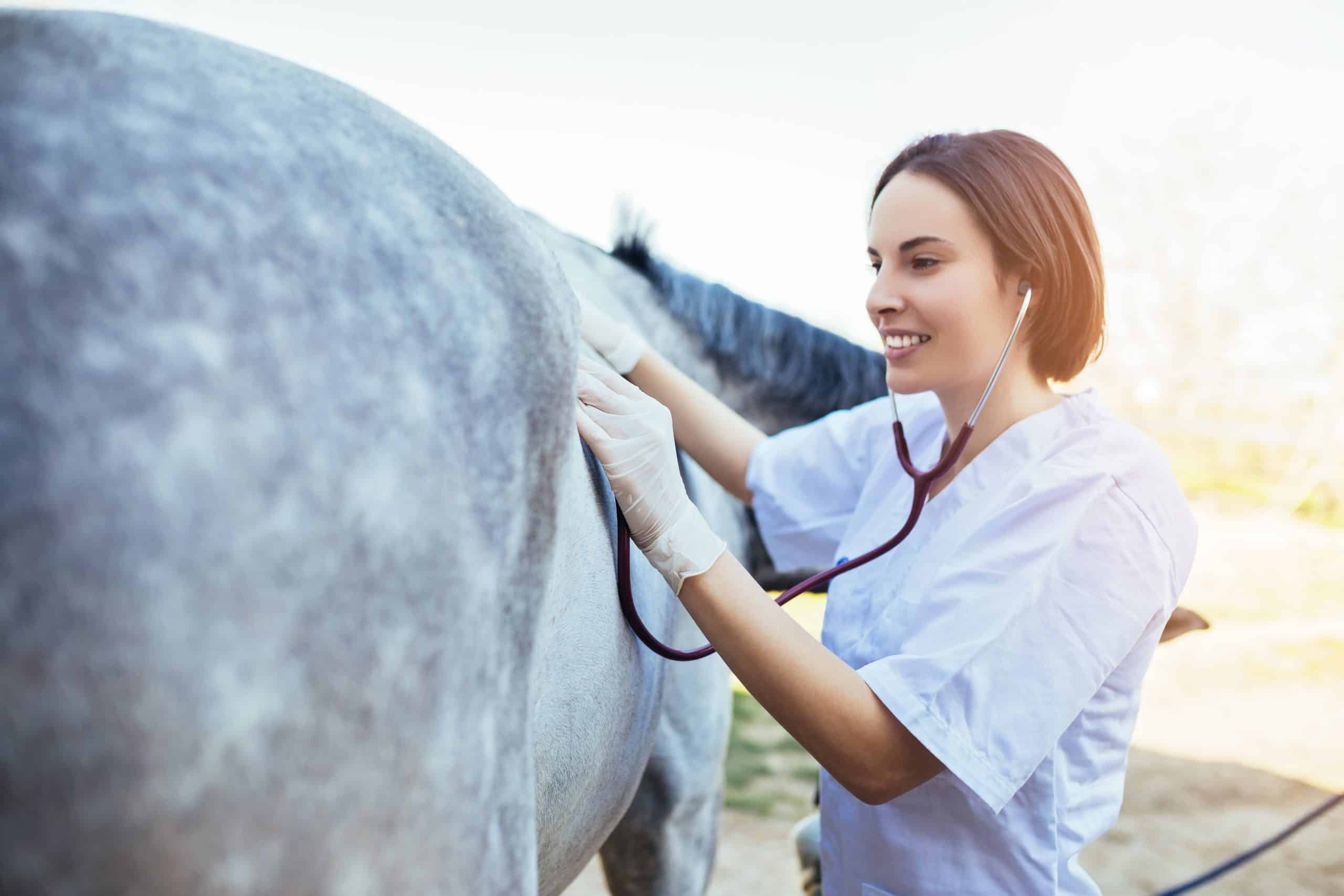

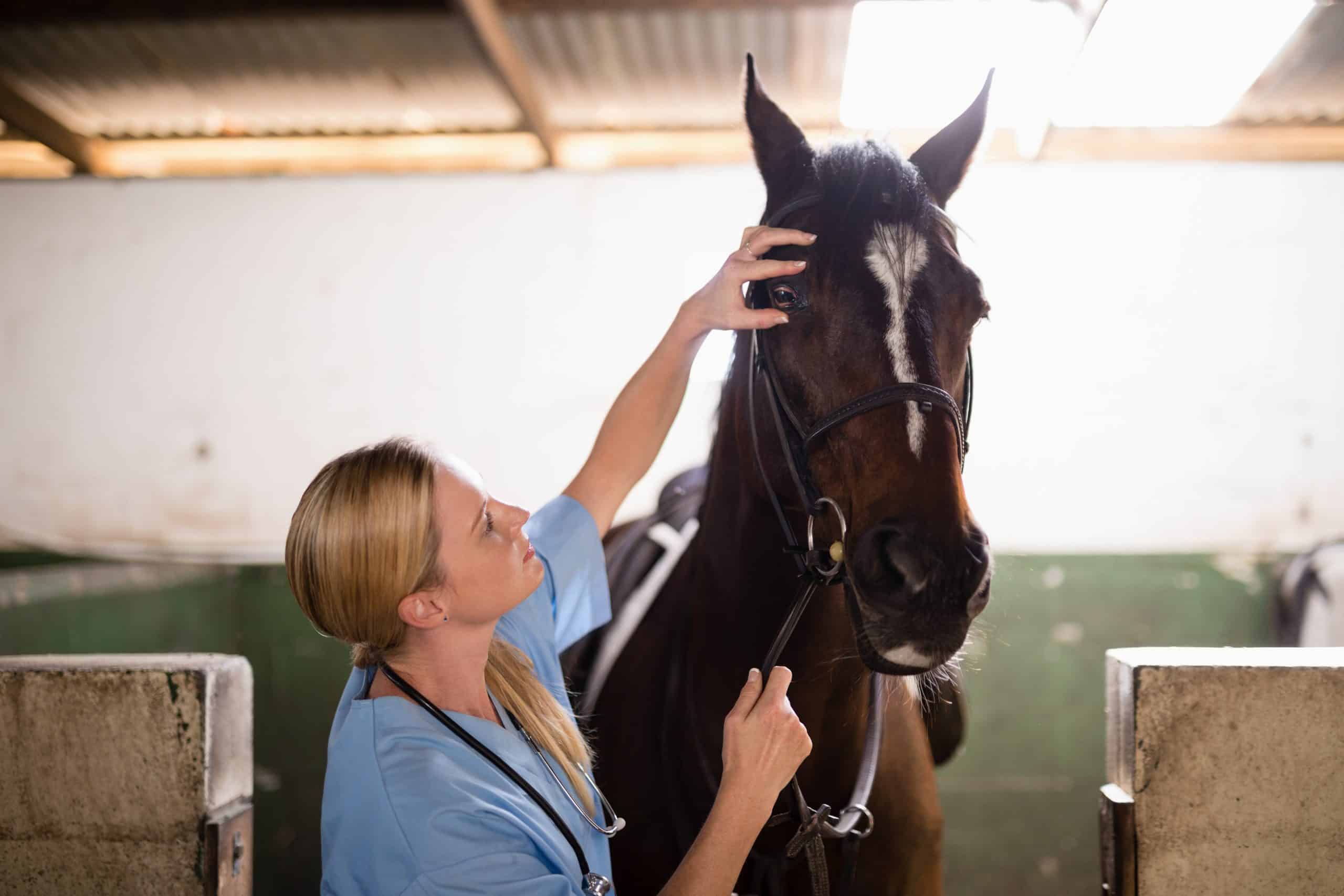
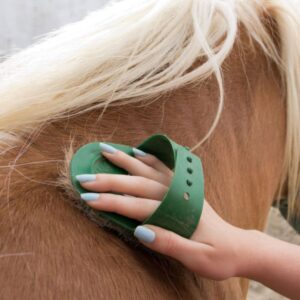



Leave a Reply